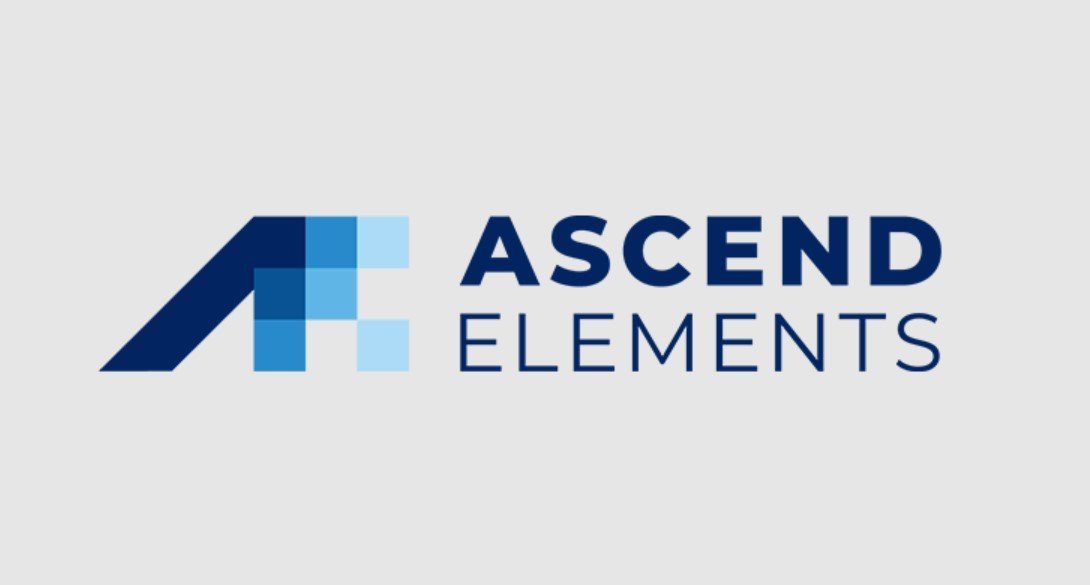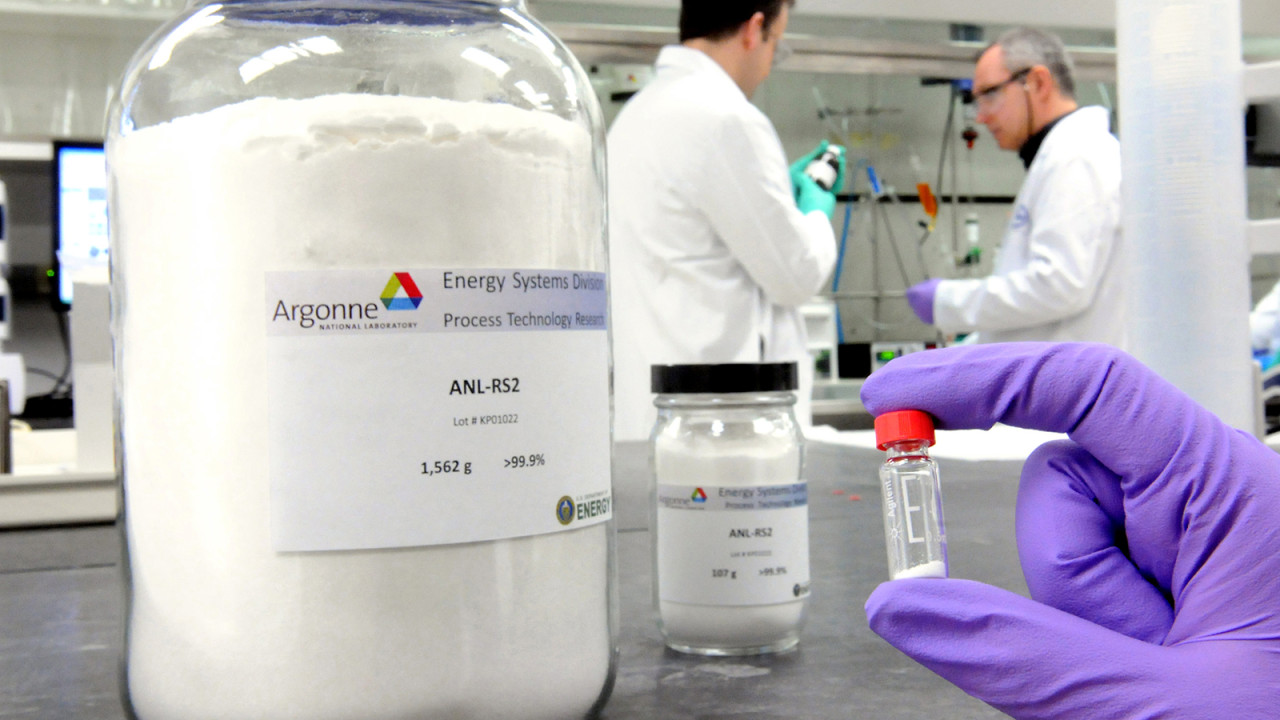Ascend Elements bags $480 million US DoE grant to make sustainable battery CAM
American battery materials firm Ascend Elements has been awarded grants from the U.S. Department of Energy's Bipartisan Infrastructure Law (BIL) Battery Materials Processing and Battery Manufacturing Initiative for the production of sustainable lithium-ion battery cathode materials made from recycled battery feedstock.
The awards totaling $480M in matching funds will support construction of the 'Apex' manufacturing facility in southwest Kentucky, establishing lithium-ion battery supply chain infrastructure that previously did not exist in the United States, according to the company.
The planned facility will utilize the company's patented 'Hydro-to-Cathode' technology to produce sustainable cathode precursors (pCAM) and cathode active materials (CAM) from spent lithium-ion batteries to support the domestic lithium-ion battery supply chain.
"These awards are transformational for the U.S. lithium-ion battery industry," said Mike O'Kronley, CEO of Ascend Elements. "The Apex facility, with the DoE's support, will be the first and largest battery material production facility of its kind in the U.S., improving security of supply of critical materials for the domestic electric vehicle industry as well as the United States' competitiveness in the lithium-ion battery industry on a global scale. The importance of closed loop lithium-ion battery supply chain cannot be understated. This grant accelerates achievement of that closed-loop supply chain."
He further commented, "The Ascend Elements $480m DOE grant was over 2x the next largest grant. I feel honored to be leading this team of exceptional people working together to make critical cathode material to support the domestic batter supply chain".
Construction at the 140-acre site, located in Hopkinsville, is expected to begin this month. Once completed, Apex will produce enough material annually to power over 250,000 electric vehicles and will generate approximately $4.4B in total economic impact during its construction phase and the first ten years of operation, creating over 400 jobs in the Hopkinsville area, claims the company.
The Apex project will additionally seek to establish community benefits programs including job training and workforce development, affordable childcare, and affordable transportation initiatives, it adds.


















